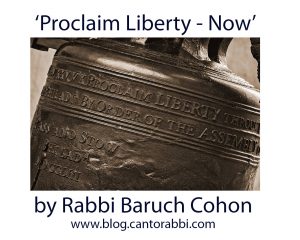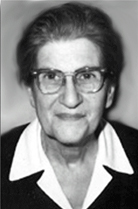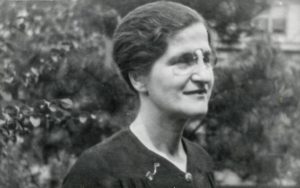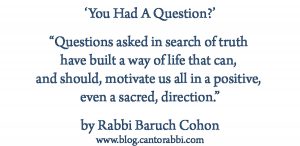WHO WANTS WAR? By Baruch Cohon

This is always a fair question. A population that enjoys reasonable degrees of freedom and prosperity can be expected to reject any prospect of war. But a violent threat from a possible invader changes everything.
Israel faces such threats over and again. Its classic victory in the Six-Day War in 1967 defeated that year’s threat. Since that time, it has faced varying dangers and responded as it deemed necessary. A well-remembered crisis, recently documented on film, was the long and frustrating negotiation with the PLO led by Yasser Arafat.
A bit of background on that:
The initials PLO stand for “Palestine Liberation Organization.” Its members were not in slavery, however, and the very name Arafat gave them –“Palestine” – the name he sold to the UN and world media, was a historical fiction. “Palestine” was – and still is – a Latinized version of “Philistine,” the name of a long-extinct tribe that was Israel’s enemy back in Biblical times. First the Roman Empire adapted the name and applied it to one of their conquered provinces, which was of course the Jewish country, Israel. Later the British Empire did likewise. In the 20thcentury Arafat chose that name to identify a fictitious nation, namely his Arab followers.
Golda Meir, Israel’s one-and-only female prime minister, made a historic statement: “There are no Palestinians.” She was right. Those who use that name today are no different from Arab residents of Lebanon or Jordan or Egypt. There are also of course Israeli Arabs who hold jobs in Israel, vote in Israeli elections and even serve in the Knesset. How do they feel about the so-called “Palestinians?” Good question.
An equally good question is: What did Arafat achieve in his negotiations with the Israeli government? He was offered a state made of Israeli territory, to be called “Palestine.” He proceeded to turn it down and start a violent terrorist campaign called an Intifada, killing many on both sides, thus preventing the formation of any such state at that time. Since his death in 2004, the people he led went through up-and-down political and economic conditions, with problematic officials and varying degrees of violence with Israel.
Moving into the 21st century, we see more endless negotiations. Judea and Samaria, sections of the Jewish homeland since the days of King Solomon, get renamed “West Bank” and large numbers of Arabs settle there. Long forgotten is Balfour’s definition: “East of the Jordan for the Arabs, West of the Jordan for the Jews.” Rejected by the Jordanian monarchy, and subsidized by the Iranian terror government, lacking even the failed leadership of Arafat, the “Palestinians” pursue phony negotiations and questionable UN backing in their effort to win a war they’d rather not fight. Arafat had no real successor. But even without his leadership, there are many among his people who want a war, to kill the Jews and occupy their country.
On the positive side, Israel’s new treaties with four Arab countries, agreements named after the ancestor Abraham whom we all share, offer some hope. The Middle East, the Jewish people and the world cherish that hope, despite Iran’s terrorist dictatorship, and the Tehran crowds yelling “Death to America” and “Death to Israel!”
Some of us remember 1945 when the US had the only atom bomb, and used it to finally win World War II, the last war we truly won. In more recent times, nuclear power spread, and dangers threaten. Those dangers raise a dismal question: “Must we nuke Iran before Iran nukes us?” Dealing with these dangers calls for leaders who have both wisdom and courage.
No, we don’t want war. With some Divine guidance we hope to prevent it.





